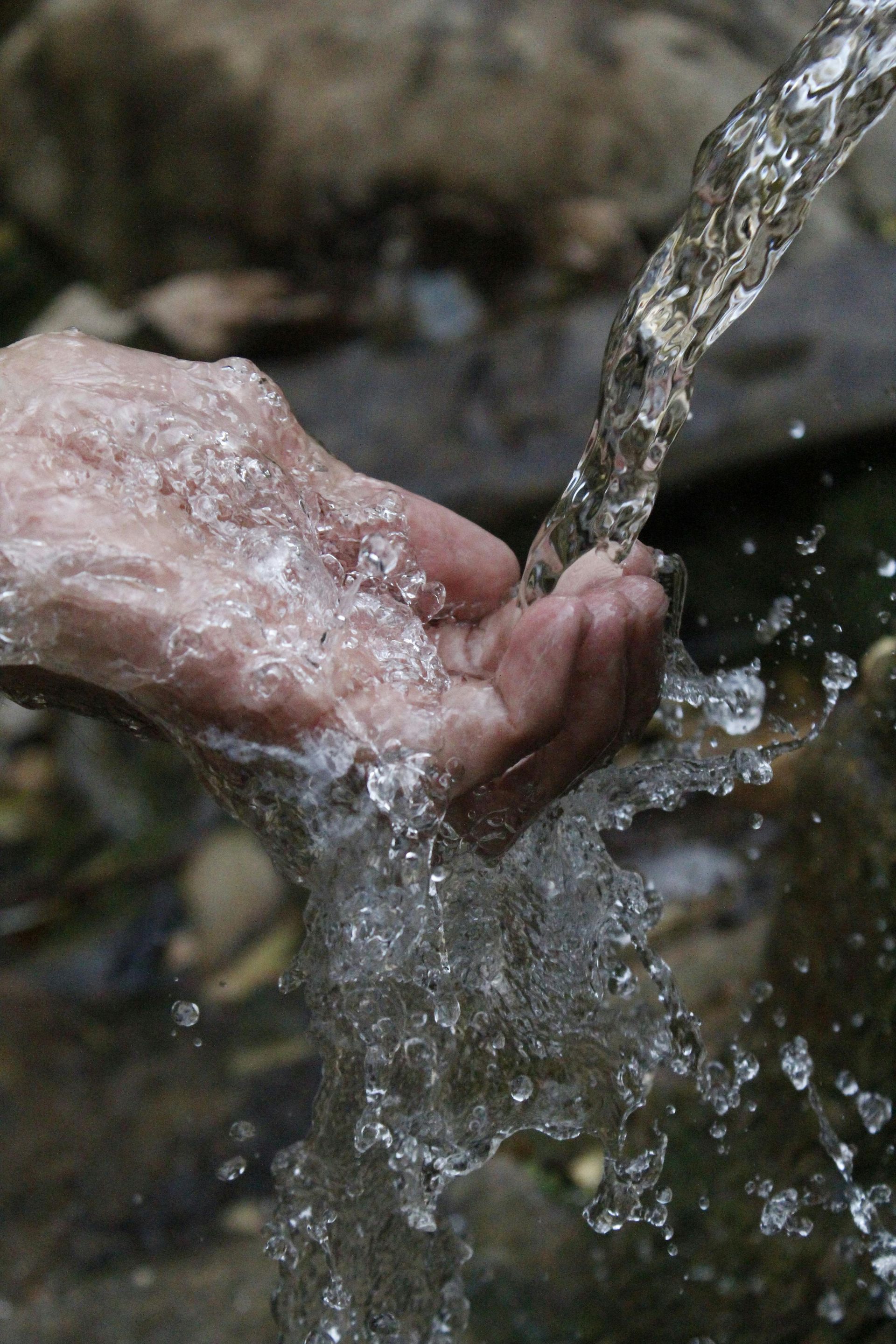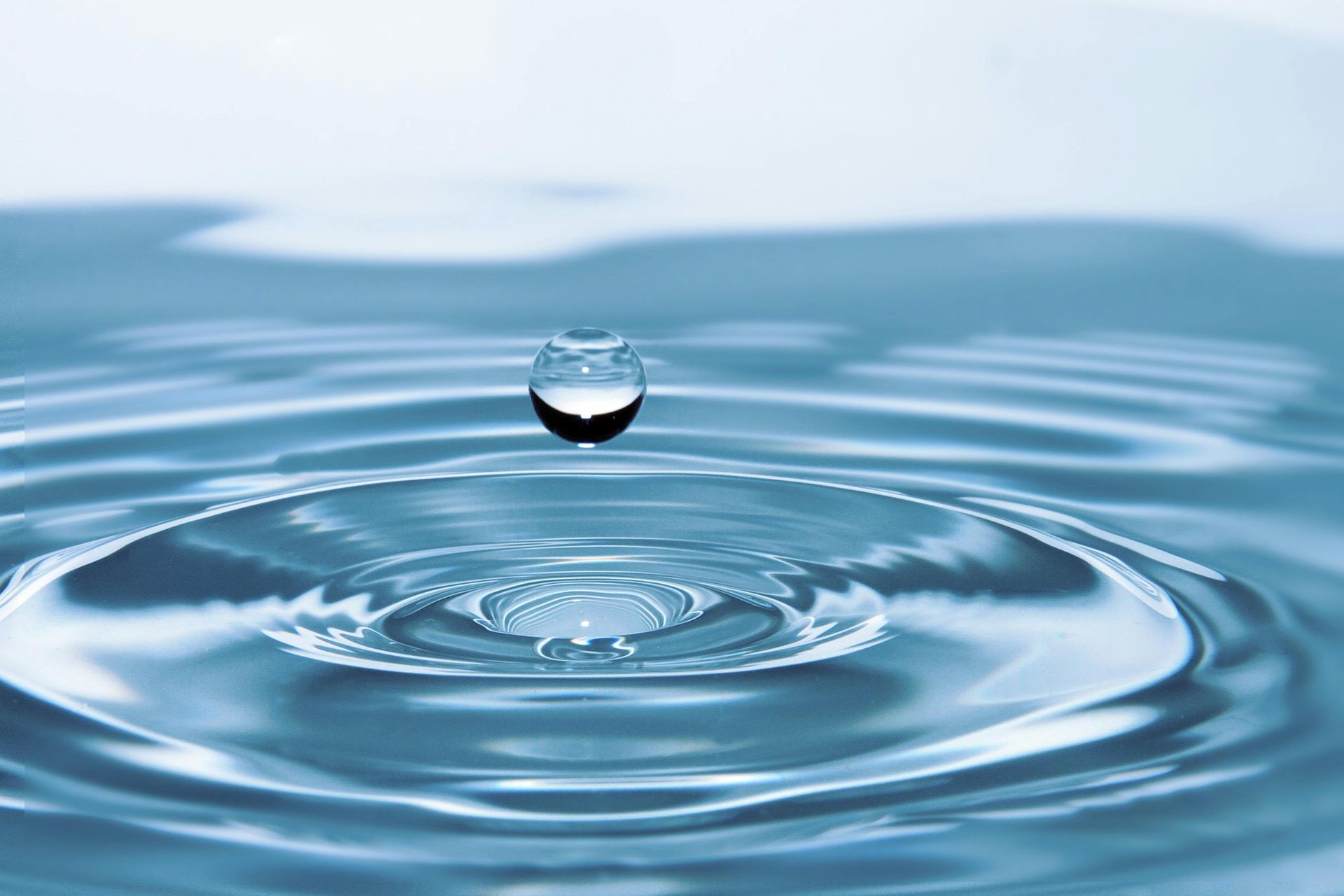The Growing Need For Proper Water Treatment in Industrial Processes
Why Proper Water Treatment is Essential for Industry Growth?
In the realm of industrial processes, water is an indispensable resource that plays a crucial role in manufacturing, power generation, and various other sectors. However, the quality and management of water used in these processes are often overlooked, leading to grave environmental and economic consequences. In this article, we will explore the pressing need for proper water treatment in industrial processes and highlight its importance in safeguarding both the environment and industrial sustainability.
Environmental Impact
The importance of proper water treatment in industrial processes cannot be overstated, especially considering its significant environmental impact. Industrial operations generate vast amounts of wastewater laden with harmful pollutants, including heavy metals, chemicals, and organic contaminants. When untreated or inadequately treated, this wastewater can find its way into rivers, lakes, and groundwater, leading to severe ecological degradation.
Moreover, the discharge of untreated wastewater poses a threat to aquatic life, disrupting delicate ecosystems and endangering species survival. The accumulation of pollutants in water bodies can result in long-term damage, affecting not only wildlife but also the overall health and well-being of communities that rely on these water sources.
Economic Consequences
Apart from the ecological ramifications, improper water treatment in industrial processes also exacts a heavy toll on economies. Inadequate treatment practices can result in clogged pipes, scaling, corrosion, and equipment damage, leading to frequent breakdowns, reduced productivity, and increased maintenance costs. The lack of efficient water management can disrupt manufacturing processes, hamper production schedules, and lead to financial losses for industries.
Furthermore, regulatory non-compliance due to poor water treatment can result in hefty fines and penalties imposed by environmental authorities. The costs associated with legal consequences and reputation damage can be significant and undermine the long-term sustainability and competitiveness of businesses.
Ensuring Industrial Sustainability and Long Term Success
Proper water treatment is a fundamental pillar of industrial sustainability. By implementing efficient treatment methods, industries can reduce their water consumption, recycle and reuse water resources, and minimise their impact on the environment. Advanced treatment technologies, such as reverse osmosis, electrocoagulation, and biological treatment, can effectively remove contaminants, ensuring that discharged water meets stringent environmental standards.
Investing in comprehensive water treatment systems not only protects the environment but also enhances operational efficiency. By maintaining the integrity of equipment and preventing corrosion and scaling, industries can extend the lifespan of machinery, improve energy efficiency, and reduce operational costs.
In conclusion, the significance of proper water treatment in industrial processes cannot be ignored. It is a critical responsibility of industries to adopt and implement robust water treatment practices to mitigate environmental degradation, protect ecosystems, and safeguard public health. Furthermore, embracing effective water management strategies contributes to the long-term sustainability and economic viability of industries. By prioritising the proper treatment of water, industries can simultaneously fulfil their operational needs and fulfil their role as responsible stewards of the environment.











